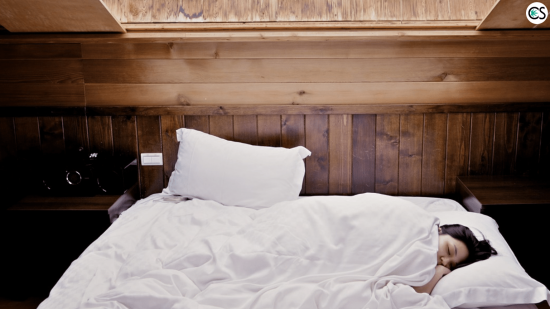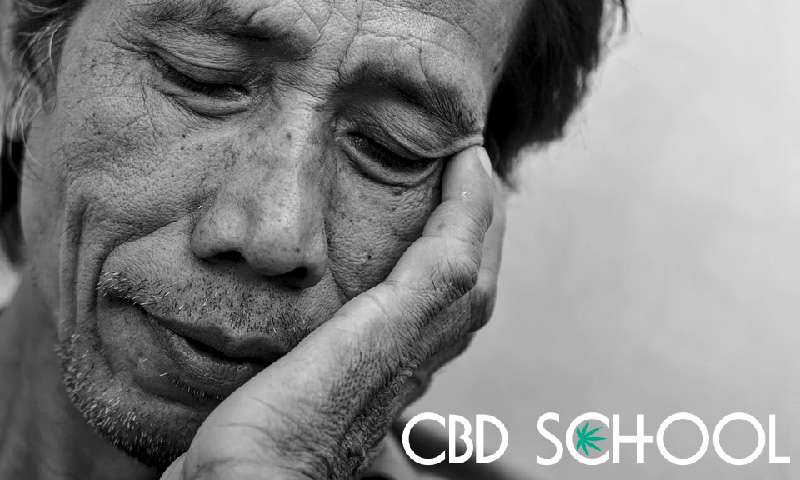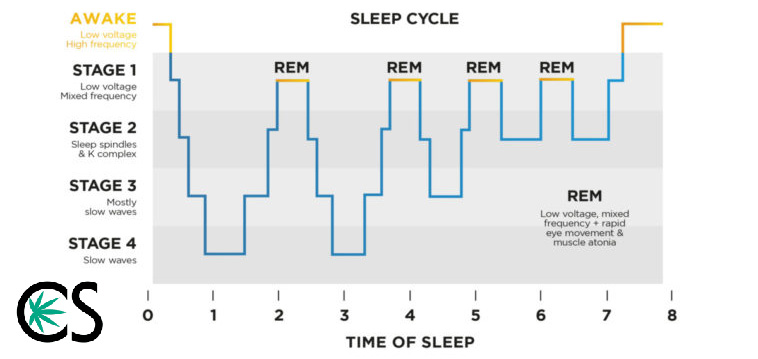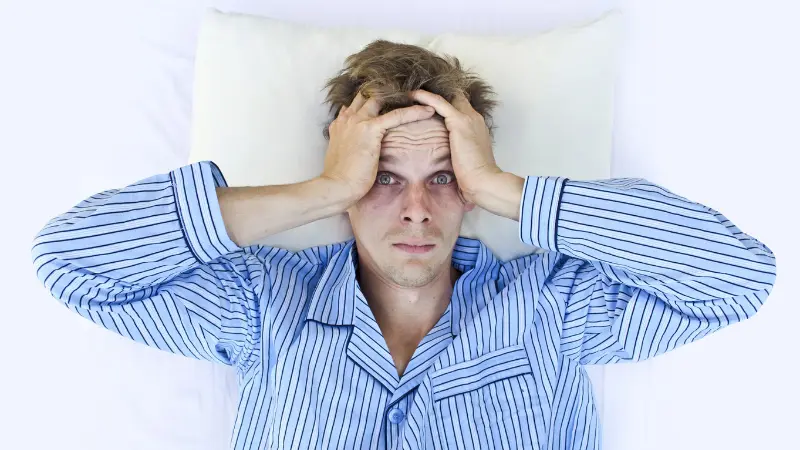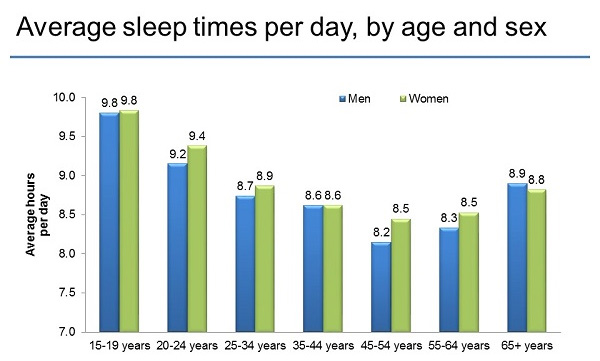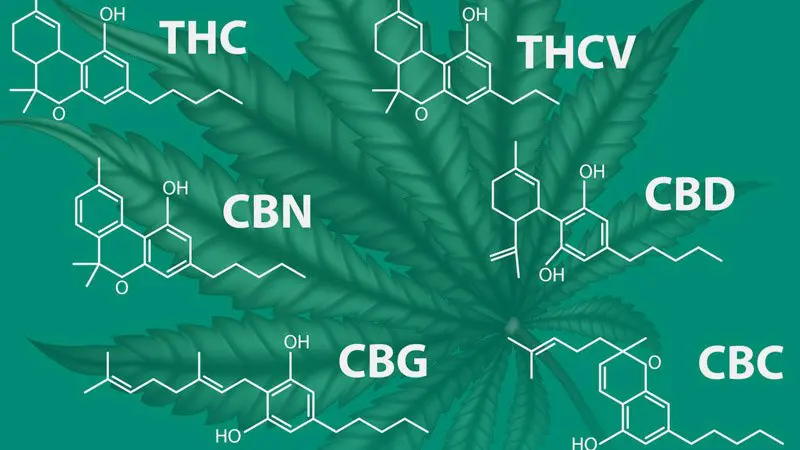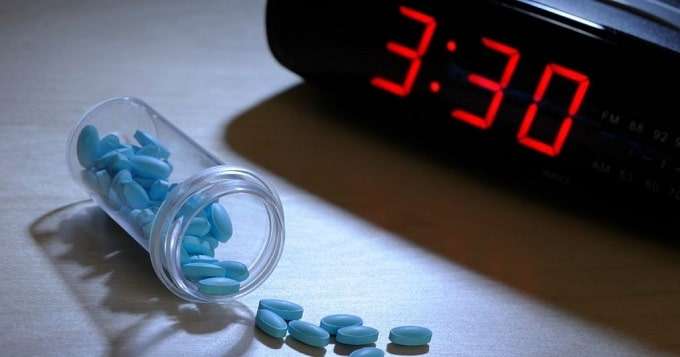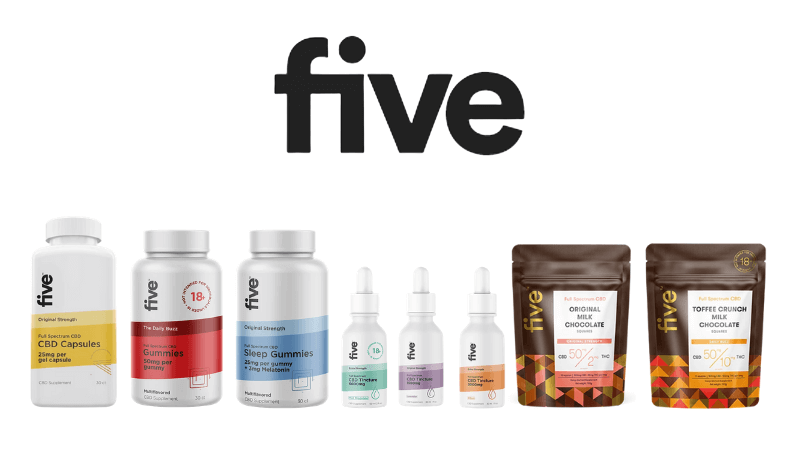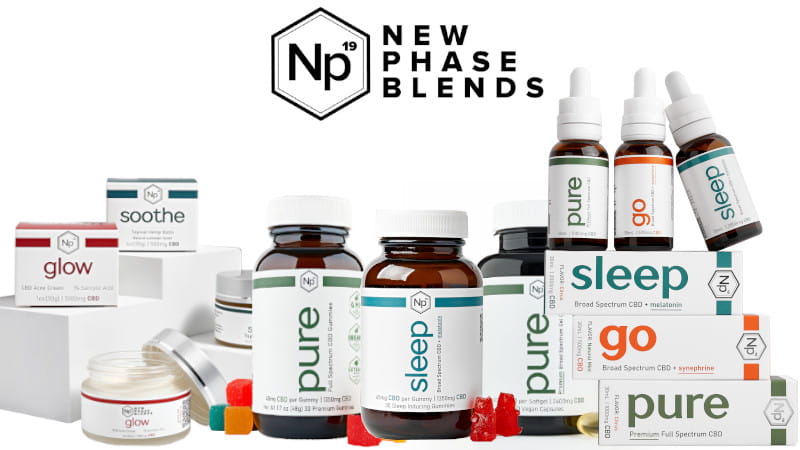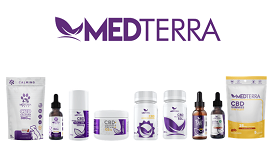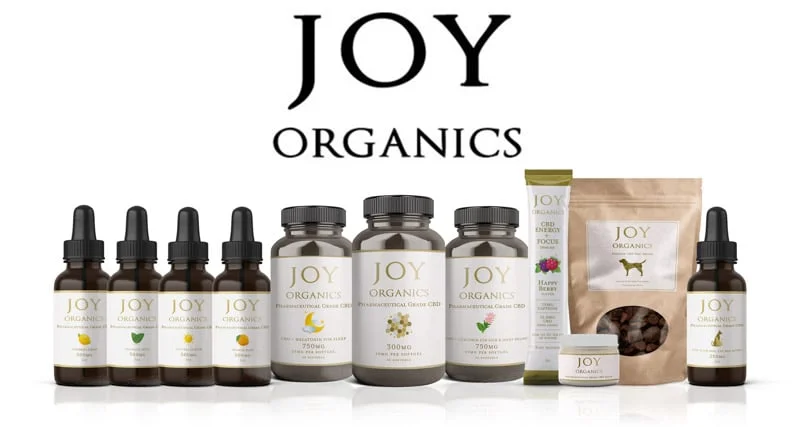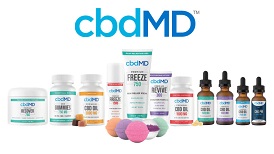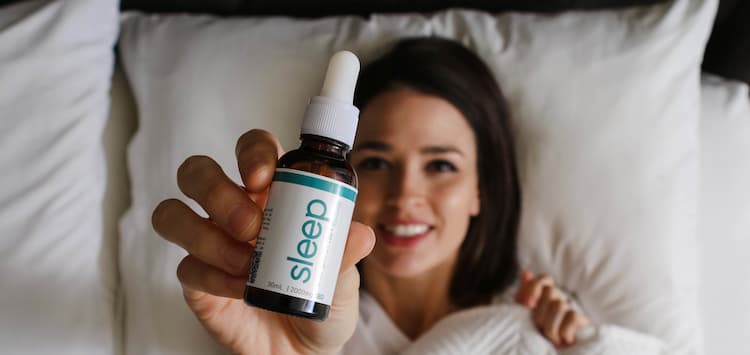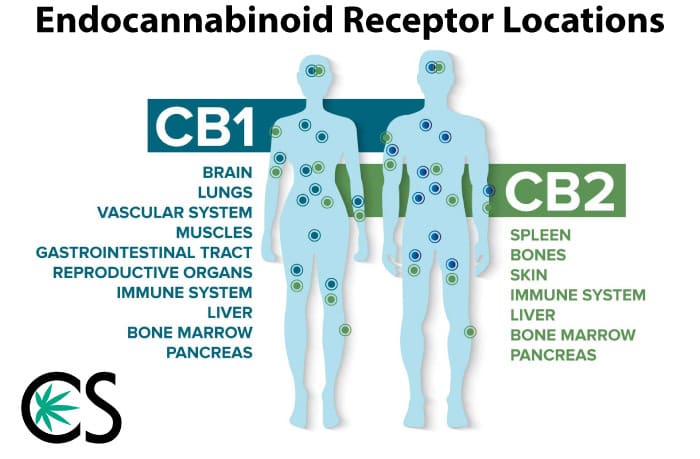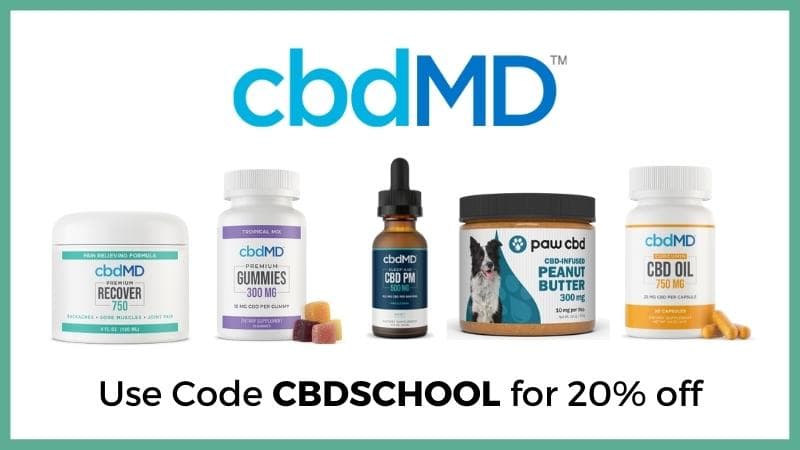Looking for better sleep? Did you know that, literally, millions upon millions of people struggle with getting proper sleep? The good news is, both CBD and THC can help you sleep better, but which one is better? When it comes to the use of CBD vs THC for sleep, there are some important things to keep in mind. In this article, we will look at why sleep is vital and how to get through certain sleep disorders with the help of either CBD, THC, or even both. We’ll also talk about the differences of using CBD vs THC for sleep.
Before we dive straight in, we will look at the importance of sleep quality.
Quality Sleep vs. Poor Sleep
Have you ever thought about why sleep is so important? It is one of the most critical processes in our daily lives. Rest is often only ever considered when we start losing it, and often once a sleep disorder sets in, it is almost all we can think about when awake.
With many medical associations stating the vital importance of getting a good night’s rest, there must be something to it, right? You guessed right; sleep is essential for restoring energy, repairing tissues, regulating the immune system and metabolism, and many other vital bodily functions.
Practicing good sleep hygiene is as important as good dental care, if not more so.
A lack of sleep or repeated sleep disturbances can be detrimental to your health. Lack of restful sleep has been associated with; cardiovascular disease, obesity, a decline in cognitive ability, low sex drive, immunosuppression, increased risk of diabetes, accidents, athletic recovery, depression, and other mood disorders, wound healing, and many other negative health conditions.1, 2
Poor sleep can impact your ability to function correctly on a day-to-day basis; frankly, it can make daily life feel like a nightmare.
The Basics of Sleep:
So, we now understand that a lack of sleep is BAD; let’s dive into exactly how much sleep do you need? To answer that question, we need to know how much sleep you get each night and whether you wake up rested, refreshed, and ready to take on the day.
Sleep is not just as simple as getting a solid 7 hours of shut-eye a night; it is about the QUALITY of those seven hours!
Deprivation of sleep is a severe problem that has reached epidemic proportions. If you are like most Americans, you probably don’t get a total of seven hours of sleep a night.
If you’re missing out on the rest you need, you’re certainly not alone. You’re also not alone if you think CBD or other cannabinoids could help sleep aid.
The Cannabinoid Solution to Sleep
Many people across the globe turn to cannabinoids to help them get the sleep they need. It’s one of the most common reasons many people use it 3. As we all know, there are two prevalent cannabinoids found in cannabis and hemp—CBD and THC (though hemp contains much less THC).
Before we get into the details, it’s important to understand just how serious a problem lack of sleep really is. Before turning to a cannabinoid, you might find yourself asking which is better. Is it CBD or THC that’s better for sleep?
The Real Problem of Sleep Disorders and Sleep Deprivation
According to the most recent research, poor sleep results in a loss of more than $400 billion annually4. The New York Times recently reported that 1.23 million workdays are lost each year in the US due to lack of sleep5.
And as it turns out, Americans are the most sleep-deprived individuals in the world. Lack of sleep is so bad in the US that the Center for Disease Control and Prevention (CDC) has declared insufficient sleep a public health epidemic6, 7.
While it’s recommended that adults aged 18-60 get at least seven hours of sleep each night to properly function and promote optimal health and wellbeing, it turns out they’re not getting nearly that.
“As a nation, we are not getting enough sleep,” said the director of CDC’s Division of Population Health8.
Dr. Wayne Giles stated, “Lifestyle changes such as going to bed at the same time each night; rising at the same time each morning; and turning off or removing televisions, computers, mobile devices from the bedroom, can help people get the healthy sleep they need.”
How Much Sleep Are Americans Getting?
According to a recent Gallup report, the average American is sleeping to the tune of some 6.8 hours a night 9. Okay, that’s not too much less than the recommended seven hours.
But here’s the thing: 40% of Americans are getting less than six hours of sleep every night. How important is it to get sufficient sleep? As it turns out, extremely important.
Not getting the sleep you need is linked to severe health consequences. Some of these health conditions include:
- Diabetes
- High blood pressure
- Obesity
- Irregular heartbeat
- Heart disease
- Heart attack
- Heart failure
- Depression
- Increased posttraumatic stress disorder
- Worsening Chronic Pain
There’s more, though. Research has also linked lack of sleep to several catastrophic events10. Getting good sleep is vital. If you’re one of the tens of millions of Americans who aren’t sleeping enough every night, cannabinoids could help.
And while many people go the natural route and choose straight medical cannabis to help them get the sleep they desperately need, countless individuals turn to sleep medications or other medications instead. In times of desperation, some turn to illicit recreational drugs.
If you’ve ever suffered from insomnia or had trouble falling asleep, you know exactly how much it can wreak havoc on your day-to-day life. Sleeping pills and other sleep-inducing medications, though, aren’t as safe as we might want them to be—or think they are11.
Honestly, who could blame them?
The Serious Problem With Sleeping Pills
We’re going to go ahead and get right to the point. Were you aware that 10,000 deaths per year are directly caused by (and attributed to) hypnotic drugs?
Were you also aware that Americans spent over $3 billion on prescription hypnotics and sedatives, over-the-counter sleeping aids, and herbal remedies in 2016?
In a 2016 review, co-founder of Research at Scripps Clinic Viterbi Family Sleep Center and sleep expert Daniel F. Kripke MD looked at the risks and benefits of hypnotic drugs—ie. Those drugs that can help induce sleep12, 13.
According to the study, the most important risks of hypnotics (sleeping pills) include:
- Excess mortality (especially overdose deaths and quiet deaths at night)
- Infections
- Cancer
- Depression
- Suicide
- Automobile crashes
- Falls and other accidents
- Hypnotic-withdrawal insomnia
The paper states that hypnotics are often prescribed without approved indication, most often with specific contraindications, but even when indicated, there is little or no benefit to them.
It also suggested that the recommended doses increase sleep little, if at all, and daytime performance is often made worse and not better. Kripke also contended that the lack of general health benefits is commonly misrepresented in advertising.
What About Over-The-Counter Sleep Aids?
Overall, over-the-counter medications might be safer than prescription hypnotics, but they’ve still got their own set of drawbacks as well as safety and side effects that you should consider.
One of the main ingredients in OTC sleep medicine is antihistamine diphenhydramine. Sure, it will help you get some sleep, but it’s not a promise that the sleep you get will be peaceful. Lack of sleep and poor sleep quality are a dangerous combination.
“Usage of diphenhydramine is associated with developing Alzheimer’s disease, though which is the cause and which is effect is certainly unclear,” Kripke told Project CBD.
Enjoying your read? Sign up to be a part of the CBD School community, and we’ll send you a free eBook called The Beginner’s Guide to CBD. It will get you caught up in all things CBD. Additionally, you’ll get updates on the best CBD products and discounts in the industry.
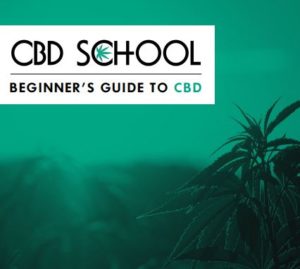
One well-known aspect of diphenhydramine is that it is anticholinergic [blocks the neurotransmitter acetylcholine], which sometimes produces some heart symptoms and digestive symptoms such as constipation.
“In some patients, also, diphenhydramine at night causes rather a lot of daytime sleepiness,” Kripke added. OTC sleep aids can also be toxic to the liver, containing acetaminophen.
Not reading the warning labels on these readily available sleeping pills could prove problematic or fatal when combined with other medications and/or alcohol.
In general, these pills also aren’t designed to be taken for longer than two weeks at a time. However, many who take them use them for far longer than a couple of weeks. Nor will they actually cure your sleep problems. Still, want to reach for the Tylenol PM or that prescription sleeping pill?
Why not consider seeing if cannabinoids like CBD or THC (or a combination) can help instead?
CBD vs THC for Sleep: Which One?
Related Article: THC vs CBD: Is One Cannabinoid Better Than the Other?
One of the biggest reasons many people report using cannabinoids is to help them get a good night’s sleep. This is not too surprising—people have been using the cannabis plant for this exact reason for centuries. In the 18th century, the celebrated medical reference book Materia Medica was published, where cannabis was listed as a “narcotica.”
When medical cannabis research was reestablished in Western medicine by Sir William B. O’ Shaughnessy in 1843, studies emphasized the curative properties of “Indian hemp” for sleep problems.
While both THC and CBD have been shown to possess the ability to help improve sleep.
The way they work, however, is somewhat different. Before we get deeper into the difference between CBD and THC, let’s take a look at how the endocannabinoid system plays a significant role in sleep.
Sleep and the Endocannabinoid System
Our sleep cycles and waking behavior are connected to the endocannabinoid system (ECS) and our internal circadian rhythms. At night, there are higher levels of anandamide in the brain.
Check out this image on the different receptor locations of the ECS:
THC works with neurotransmitters in the brain to help induce sleep. On the other hand, 2-AG levels are higher during the day, which has led researchers to suggest that this compound is relevant to promoting wakefulness and impacts early morning behavior.
Both anandamide and 2-AG have been shown to activate CB1 receptors in the central nervous system, including brain areas linked to sleep regulation.
Activating CB1 receptors is believed to be a critical component in moderating sleep homeostasis or balance.
Both CBD and THC have a powerful effect on the endocannabinoid system. Research on which cannabinoid is “better” is a mixed bag. Clinical and anecdotal evidence shows that both can behave as sedatives or energizers.
THC and CBD for Sleep: Similar Benefits
We will take a deeper look at both compounds and how they impact your nights’ rest and sleep problems you might face. It is vital to speak to a doctor or medical professional who will provide medical advice best suited to your lifestyle, especially regarding natural sleep aids such as THC and CBD and how they impact your sleep.
Related: CBD Oil for Sleep
THC (Tetrahydrocannabinol) and Sleep
A 1976 study found that the effects of THC administration for sleep closely resemble those of lithium. It's no secret that THC contains sedating properties. For many people, it's precisely the nightcap needed to help them get the sleep they need.
Sleep Apnea
Aside from being sedating and helping you fall asleep faster, THC could be beneficial for sleep apnea, as evidence shows it can improve breathing during sleep.
Those with trouble falling asleep or other sleep difficulties due to sleep apneas and other sleep issues often experience relief from THC.
There is one caveat to THC as a sleep aid; it helps you to fall asleep faster; however, it impacts the quality of sleep you get. Regular THC use has been shown to alter the time spent in different stages of sleep.
THC reduces the time spent in REM. It also increases the time one spends in slow-wave sleep.
REM sleep is where we dream. Regular THC users will tell you they don’t dream or dream less than the average person. REM is as vital as deep sleep because it helps the brain process and integrates memories and emotions.
These functions are crucial for learning and higher-level thinking.
While it might be beneficial for those with PTSD, nightmares, and unpleasant dreams, it is a vital sleep stage for everyone.
Decreased REM can result in reduced cognitive and social processing, lead to difficulty concentrating, and cause problems with memory.
Another thing to consider, chronic or long-term marijuana and THC use, has been shown to disrupt sleep and cause difficulty sleeping.
A 2016 study found that daily marijuana users scored higher on insomnia severity index and sleep disturbance measures than those who did not smoke weed every day.
CBD (Cannabidiol) and Sleep
Unlike THC, CBD is NOT intoxicating—it will NOT give you a “high.” The non-psychoactive cannabinoid is shown to increase wakefulness. Instead of acting as a sedative, CBD is shown to work as a wake-promoting substance. So, how exactly then can CBD help you get a better night’s sleep? It all comes down to how the cannabinoid works with the body’s endocannabinoid system.
We just covered how the endocannabinoid system is intricately linked to our sleep patterns. And as we’ve learned in the past, CBD is excellent for supporting the balance or homeostasis of the endocannabinoid system.
Not only is CBD helpful for promoting wakefulness, but it’s also been shown to help people fall asleep and stay asleep…as well as stay awake the next day. Some researchers contend that CBD could be a powerful agent for individuals with narcolepsy or who suffer from excessive daytime sleepiness.
People who use CBD for sleep usually take their desired amount up to 1-2 hours before bed, allowing the CBD to be fully absorbed by the body. CBD also helps manage chronic pain, which is a bonus!
We don’t recommend taking it when you still have things you want to get done. Take it when you’re ready to start winding down your night, the time when you might put on an episode of your favorite Netflix series.
Researching CBD
A 2017 review found that preliminary research suggests that CBD could also have therapeutic potential for the treatment of insomnia. The review noted that THC could decrease sleep latency but could impair sleep quality in the long term. It also highlighted that CBD shows promise for REM sleep behavior disorder.
CBD is also beneficial for “mellowing you out,” increasing calm and helping you relax without the high associated with THC. However, you should be aware that high doses of CBD can be too sedative for some people.
Not everyone enjoys the psychoactive effects of marijuana, making CBD an excellent alternative. To avoid any unpleasant side effects, most people carefully start with a small serving dose of CBD and only gradually increase the dose if needed.
In other words, Start Low and Go Slow! In addition, THC can make you feel groggy when you wake up, but CBD is less likely to cause this side effect.
What is the Best CBD:THC Ratio for Sleep?
Cannabinoids are highly personalized medicine, and what works for one person doesn’t always work for the next. Both CBD and THC can help you get to sleep. Everyone is different when it comes to the correct dose of CBD (and THC) for getting better sleep.
The range is between 2:1 (CBD:THC) and 1:2 (CBD:THC) for most people.
Full-spectrum CBD hemp products are considered CBD dominant with typical 20:1 (or more) CBD to THC ratios.
Remember, the best CBD oil may differ from person to person. There is no 100% right product for every single person out there. Experiment some. Do some trial and error and see what product is best for your own sleep cycle.
Summary - Using CBD and THC for Better Sleep
Ultimately, that’s up to you to decide…but our research leads us to believe that overall CBD could be better especially for those with chronic pain and anxiety. This is primarily for the majority of the population and those who don’t enjoy the psychoactive effects THC contains.
Keep in mind the choice between THC and CBD doesn’t have to be mutually exclusive! Yes, it’s true: you really can have the best of both worlds. There are tons of products on the market (where legal access to THC is permitted for medicinal or recreational use) with balanced blends of THC and CBD.
CBD is known to mellow out the adverse side effects people often experience with THC (anxiety, paranoia, or “getting too high”).
Have you tried CBD or THC as a sleep aid? If so, which do you prefer? We’d love to hear about your experience in the comments below.
1Yvan Touitou, Alain Reinberg, David Touitou, Association between light at night, melatonin secretion, sleep deprivation, and the internal clock: Health impacts and mechanisms of circadian disruption, Life Sciences, Volume 173, 2017, Pages 94-106, ISSN 0024-3205, https://doi.org/10.1016/j.lfs.2017.02.008.
2Magnavita N, Garbarino S. Sleep, health and wellness at work: a scoping review. International journal of environmental research and public health. 2017 Nov;14(11):1347.
3Babson KA, Sottile J, Morabito D. Cannabis, cannabinoids, and sleep: a review of the literature. Current psychiatry reports. 2017 Apr 1;19(4):23.
4McCarthy, N. (2016, December 07). Report: Sleep Deprivation costs The U.S. ECONOMY $400 billion every Year [Infographic]. Retrieved February 04, 2021, from https://www.forbes.com/sites/niallmccarthy/2016/12/01/report-sleep-deprivation-costs-the-u-s-economy-400-billion-every-year-infographic/?sh=42bb830f1998
5CDC – Sleep home page – sleep and sleep disorders. (2020, April 15). Retrieved February 04, 2021, from https://www.cdc.gov/sleep/index.html
